Te Ao Māori
Te Wiki o Te Reo Maori on George
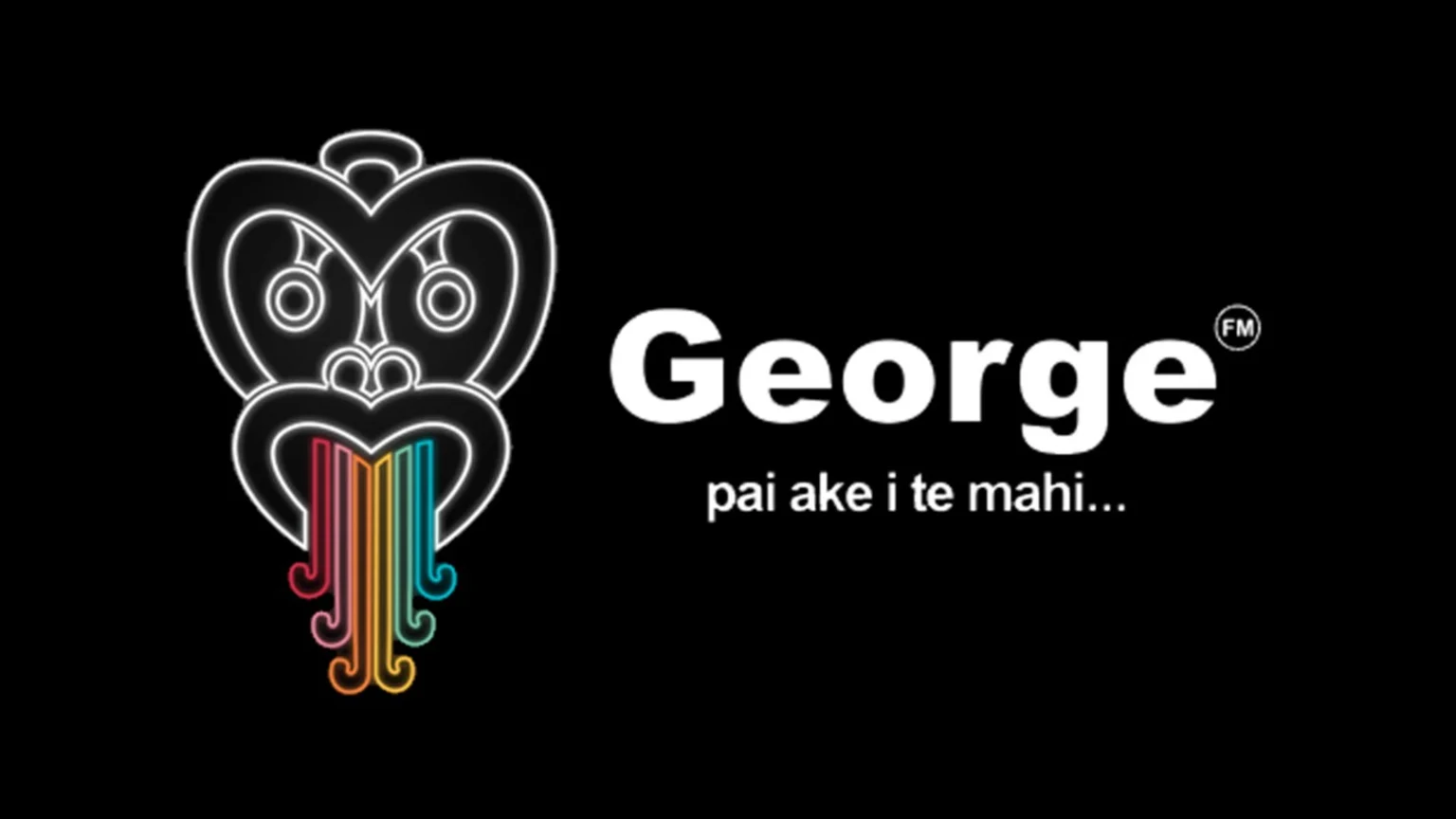
George FM is fizzed up about Te Wiki o Te Reo Maori. Every year it's a great chance for all of us to put even more of a focus than usual on our beautiful language, but this year in particular is hugely significant because of something epic that happened 50 years ago, this week. We thought we'd give you a little background on why this year is such a milestone.
Maori language week was once a day. It began 50 years ago after 14th September 1972 when The Maori Language petition was handed to government on the steps of parliament by Hana Te Hemara with groups Nga Tamatoa, Te Ropu Reo Maori, Te Huinga Rangatahi, Te Reo Maori Society and the support of many others. The petition asked for active recognition of te reo Maori in Aotearoa and for the language to be taught in schools. It had around 33k signatures. It is still not compulsory today for the language to be taught in schools. Maori Language week started three years after that in 1975.
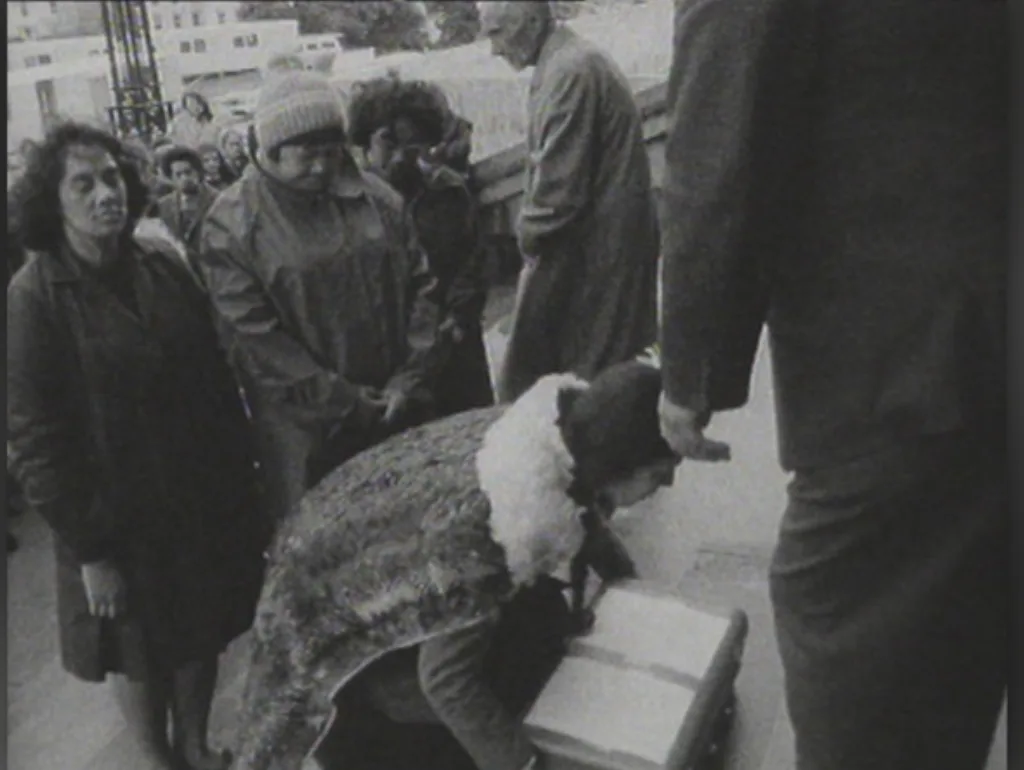
The petition was in response to the declining rate of Maori speakers due to urbanisation and structural objection to its use in schooling institutions and public arenas. Maori children were often 'strapped' and told to write lines for speaking Maori in school, and most mainstream environments refused to acknowledge it, and in general Pakeha were openly disdainful of its use. The petition sparked an array of pushback from Maori over these issues and by the 1980's Maori cultural and language revitalisation was at a fever pitch, spawning full immersion educational movements Te Kohanga Reo and Kura Kaupapa, Iwi Radio and a call for Maori inclusion in Mainstream media. `
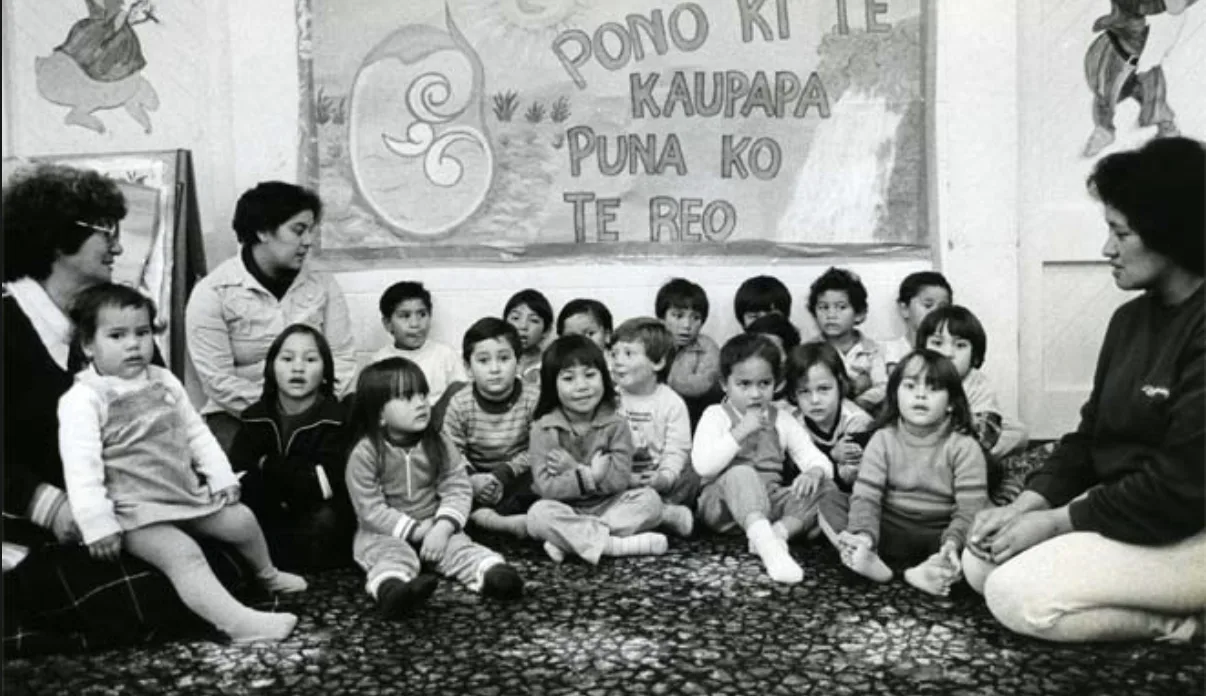
Although Article Two of the Treaty of Waitangi secured the protection of Te Reo as a taonga for Maori, its legal recognition has been long fought through protests, activist groups, Pakeha allyship, and ultimately those who dedicate their lives to tuku iho, teaching it day in day out. It was only formally recognised as an official language of New Zealand in 1987.
Maori was once the only language spoken on Aotearoa whenua. The missionaries and colonisers from all overseas countries had to learn it in order to communicate with those living here, and they did, so they could trade, and later after the Treaty was signed, purchase land. After seeing a massive dip in its acceptance we are now finally as a nation beginning to celebrate how lucky we are to have something uniquely defining in a global landscape.
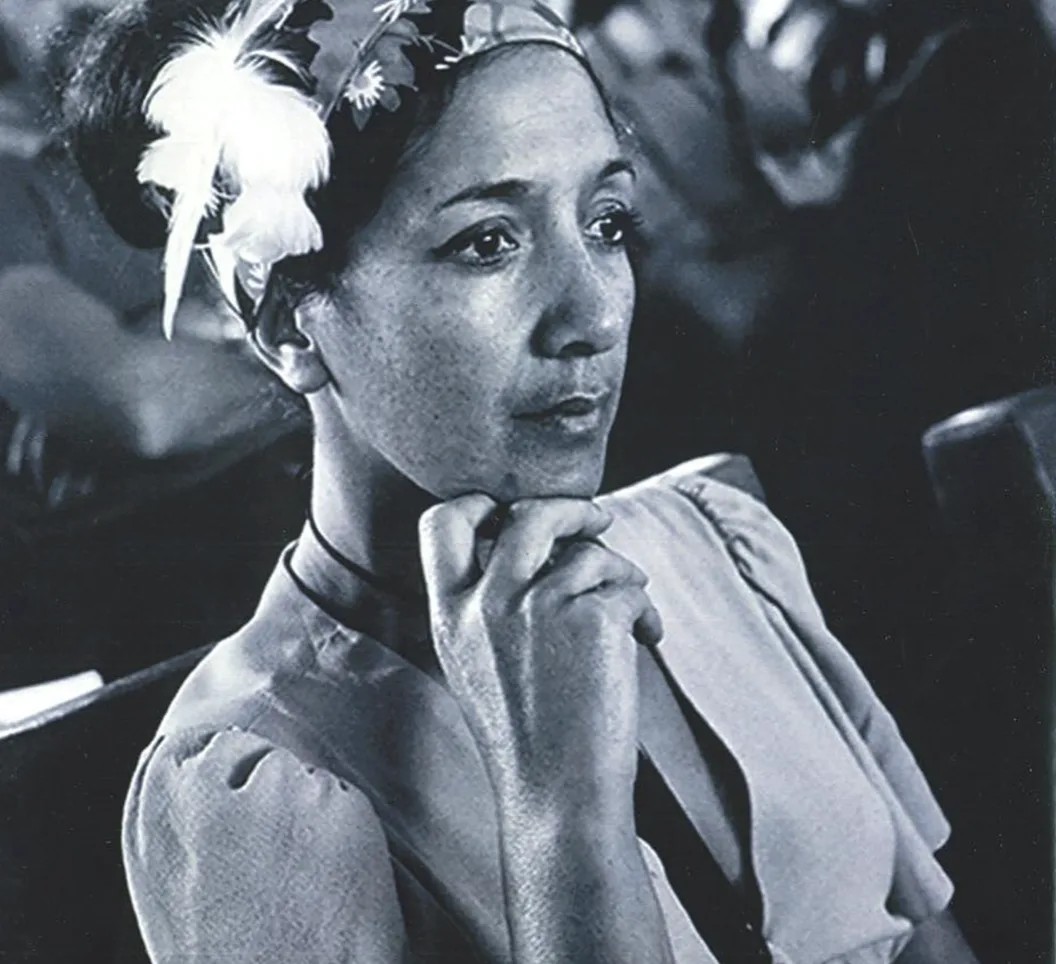
In particular today we'd like to spotlight how much wahine played a huge part in the revitalization of the language. As mentioned above, wahine Maori activist Hana Te Hemara of course as a symbol of resilience. This year is the 50th Anniversary of the petition and a mural for Hana Te Hemara is being created in Taranaki to commemorate. The Kohanga Reo and Kura Kaupapa movements were led and maintained mostly by wahine, with kuia being the driving force in language nesting and teaching. These schooling structures have now raised two generations of first language Maori speakers. Women have long been the consistent stakeholders in ensuring the continuation of generational learning in educational environments. Tenei te mihi nui ki a koutou. E kore matou e wareware i to koutou aroha me to pono ki te kaupapa. We will never forget your dedication and love for all to be able to enjoy Te Reo Maori.
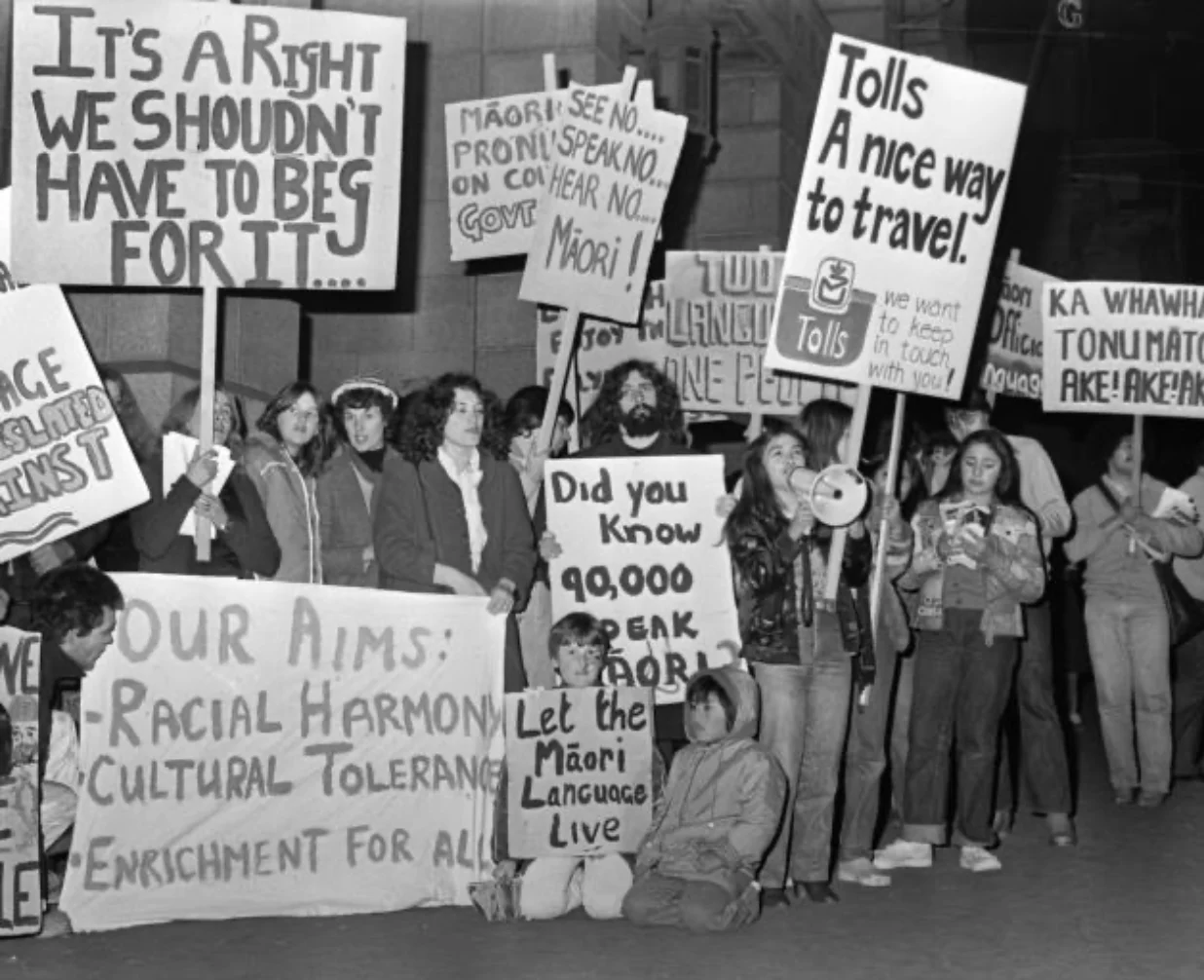
At George we're proud to celebrate and inspire the growth of te reo Maori all year round, but especially listen out this week as we celebrate with our daily George FM Kiwaha o te ra (phrase of the day) on social & on air. Tune in for our Maori Language Moment at midday Wednesday when we spin a set of 100% te reo Maori bangers. Also, music producers have a go at our Waiata Reo Remix Comp. And everyone - just get amongst te reo any way you can. This week, next week, and the week after! Kia kaha te reo Maori!
Tipare Nga, George Te Ao Maori Liason | Dean Campbell, George Content Director